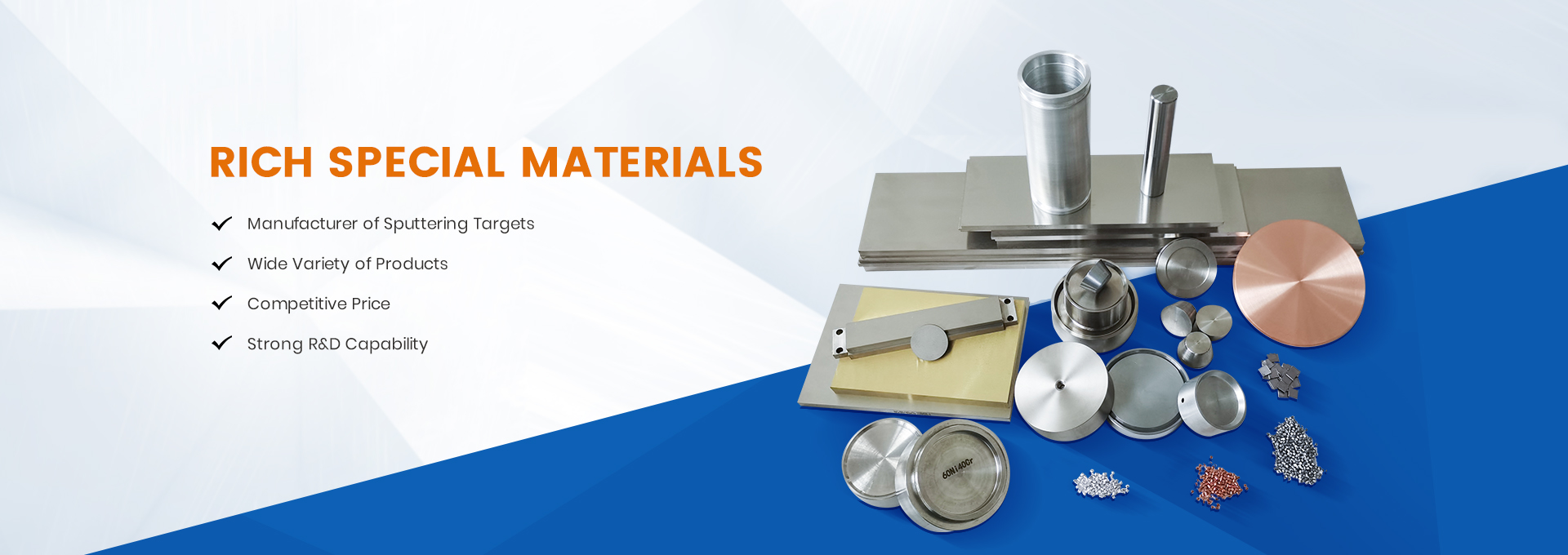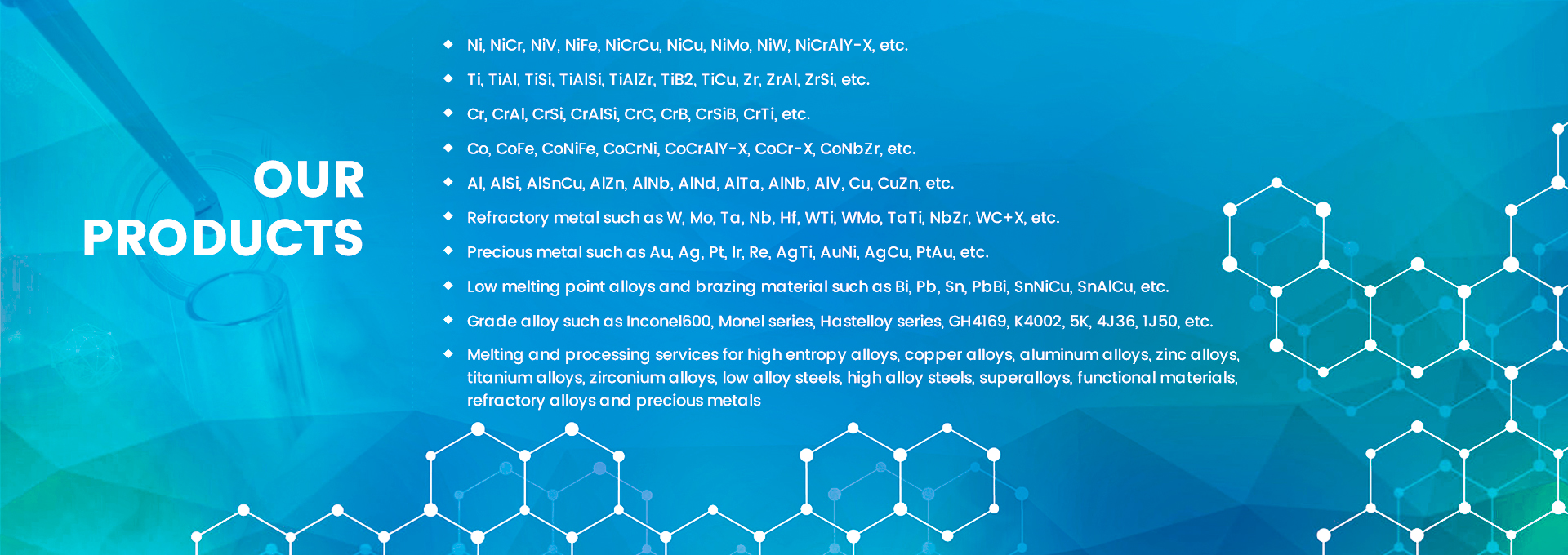Tin alloy is a non-ferrous alloy composed of tin as the base and other alloying elements. The main alloying elements include lead, antimony, copper, etc. Tin alloy has a low melting point, low strength and hardness, high thermal conductivity and low coefficient of thermal expansion, resistance to atmospheric corrosion, excellent anti friction performance, and is easy to solder with materials such as steel, copper, aluminum, and their alloys. It is a good solder and also a good bearing material.
Tin alloys have excellent corrosion resistance and are widely used as coating materials,
Sn-Pb system (62% Sn), Cu Sn alloy system used for bright corrosion-resistant hard coatings,
Sn Ni system (65% Sn) is used as a decorative anti-corrosion coating.
Sn Zn alloy (75% Sn) is used in electronic components, televisions, radios, and more.
Sn-Cd alloy coatings have resistance to seawater corrosion and are used in the shipbuilding industry.
Sn-Pb alloy is a widely used solder.
The alloy solder composed of tin, antimony, silver, indium, gallium and other metals has the characteristics of high strength, non toxicity, and corrosion resistance, and has special applications.
Tin, along with bismuth, lead, cadmium, and indium, forms a low melting point alloy. In addition to being used as a safety material for electrical equipment, steam equipment, and fire protection devices, it is also widely used as a medium to low temperature solder.
Tin based bearing alloys are mainly composed of Sn Sb Cu and Sn Pb Sb systems, and the addition of copper and antimony can improve the strength and hardness of the alloy.
Rich Special Materials Co., Ltd. has complete R&D and production equipment, supporting customized processing of various alloys.
Post time: Dec-21-2023





